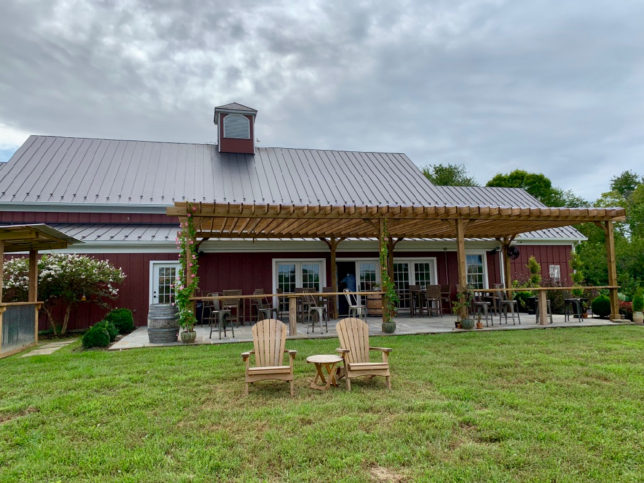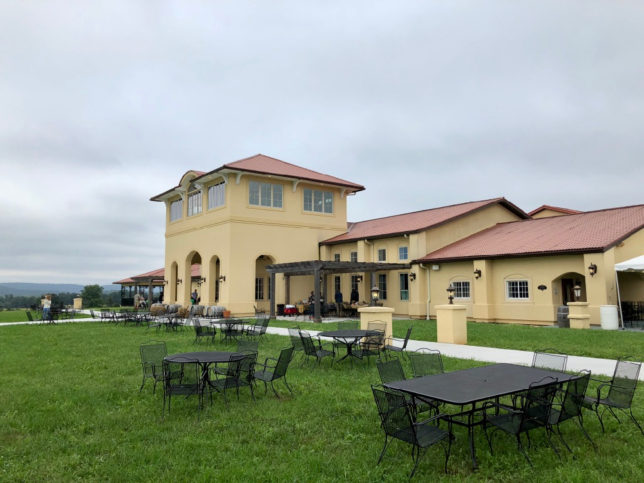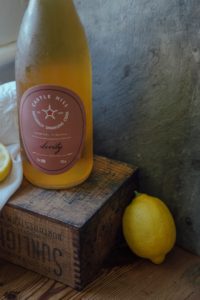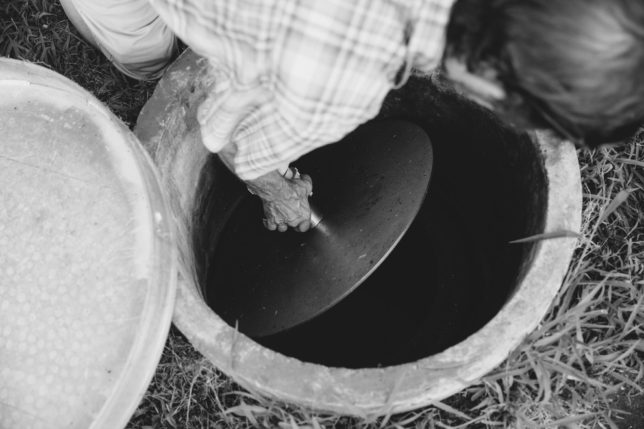 The Virginia Wineries Association’s Governor’s Cup announced the 2019 medal winners, and this year 68 wines from Virginia wineries earned gold medals. However, only one entry wins the coveted Gold Cup, and this year it was awarded to a true pioneer in the Virginia wine industry, Dennis Horton. Horton’s 2016 Petit Manseng garnered the competition’s top honor. Dennis Horton past away last year, but he will be remembered for playing a key role in Virginia’s renaissance in winemaking. Horton loved to experiment with grapes in order to determine which ones grew best in a state known for tricky weather and clay soils. It was Dennis Horton who revived the Norton grape and heralded Viognier as a viable choice for Virginia’s state grape. It is therefore fitting that his winery won the Gold Cup with another up and comer, Petit Manseng.
The Virginia Wineries Association’s Governor’s Cup announced the 2019 medal winners, and this year 68 wines from Virginia wineries earned gold medals. However, only one entry wins the coveted Gold Cup, and this year it was awarded to a true pioneer in the Virginia wine industry, Dennis Horton. Horton’s 2016 Petit Manseng garnered the competition’s top honor. Dennis Horton past away last year, but he will be remembered for playing a key role in Virginia’s renaissance in winemaking. Horton loved to experiment with grapes in order to determine which ones grew best in a state known for tricky weather and clay soils. It was Dennis Horton who revived the Norton grape and heralded Viognier as a viable choice for Virginia’s state grape. It is therefore fitting that his winery won the Gold Cup with another up and comer, Petit Manseng.
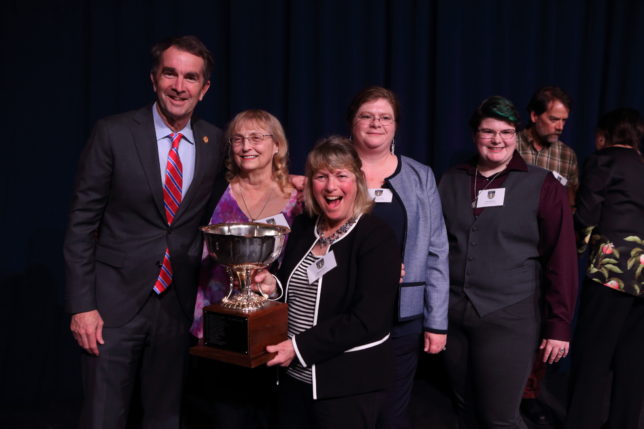
The Governor’s Cup case was also announced. The wines in the case consist of the 12 top scoring wines in the competition. In addition to the Horton 2016 Petit Manseng, the 11 other wines in the case are:
Barboursville Vineyards 2017 Vermentino Reserve
Early Mountain Vineyards 2016 Eluvium
Glen Manor Vineyards 2015 Cabernet Franc
King Family Vineyards 2016 Mountain Plains
King Family Vineyards 2016 Meritage
Paradise Springs Winery 2015 Meritage
Virginia Wine Works 2016 Hamlet Vineyards Eltham
Virginia Wine Works 2016 Michael Shaps Petit Manseng
Virginia Wine Works 2016 Michael Shaps Raisin d’Etre White
Virginia Wine Works 2015 Michael Shaps Tannat
Virginia Wine Works 2014 Upper Shirley Zachariah
Congratulations to all the medal winners, the Governor’s Cup case winners and to the Horton Vineyards team! If you get a chance to visit Horton Vineyards, tell them Virginia Wine Time sent you!
Photos courtesy of the Virginia Wine Marketing Office
